Charlotte Mason Homeschool Fourth Grade Term 1 Plans
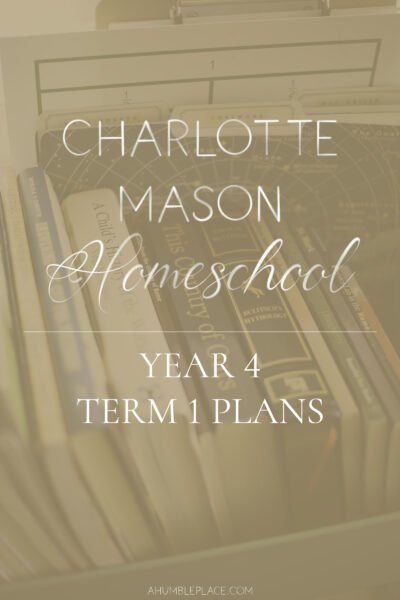
(Please note that I have linked to the book lists on the AO website to respect their licensing terms and the hard work they’ve put into such an amazing curriculum which they offer for free. Books that use affiliate links here are not listed on the AO website.)
I remember back either when B hadn’t started Year 1 yet or while we were working our way through it, I read somewhere that a mother with pre-school-aged children was re-doing her own education by going through all of the readings scheduled for AmblesideOnline beginning with Year 4. It seemed so far away to me, that number 4, and though I thought it was a great idea and printed out the schedule for myself, I never got around to doing it.
And now, here we are. The 4 has arrived.
B’s fourth grade year marks his entrance into Form II which means he’ll be doing some reading on his own followed by narration to me. Of course, I will be pre-reading all of the books he’ll be reading to make sure the content is okay as well as making sure that his narrations are good. When I first sat down to start planning out this year, I thought there would be a lot more he’d be reading on his own and that actually made me kind of sad as I enjoy reading things with him. However, even though having two students in the same form would be helpful for scheduling, having C in Year 1 is probably the next best thing as the readings are so short and there aren’t many of them, which means I can still read quite a bit to him as well.
We’ll also begin written narrations this year, though I think that may not be until a later term. We’ll also begin more structured grammar and spelling lessons while still continuing with copywork. As I said I was going to do all of last year, I finally revamped our Recitations, which you can read more about below. And we’ll also be moving a few subjects home after having done them in our homeschool co-op the last several years but won’t be any longer as we have fewer families which means fewer teachers.
So here are our plans for Term 1!
Morning Time
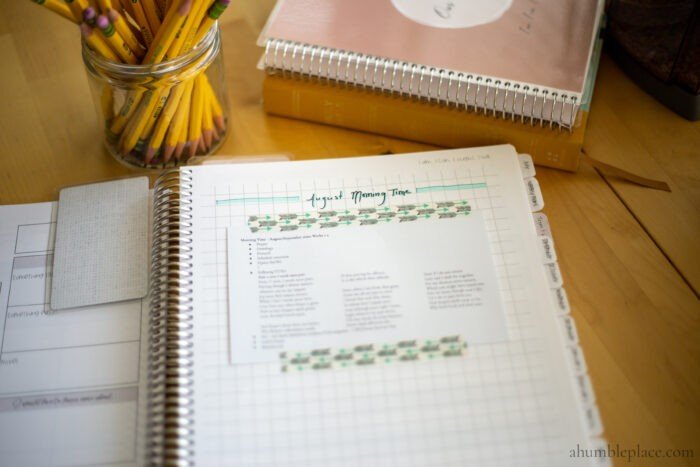
I’ll be making some changes to Morning Time from last year, mainly in that we will no longer be working on memorization (for Bible verses and prayers) or Recitation poems during that time as each child will be on their own Recitation schedule (see below). I also will no longer be reading a nursery rhyme, which is something I’ve been doing every year since we started (😭). We will continue having prayer, the Doxology, hymn, folksong, picture/composer study, poem review, and Edith Holden nature notebook reading, the Lord’s Prayer, and our Benediction, and we’ll be adding a chapter from Proverbs (to match whatever day of the month it is) as well as a summary of what we’ll be reading that day (B’s request). I’ll write out a more detailed comparison chart after the end of Term 1 as well as after I’ve had time to figure out exactly what it will look like.
I’m also going to be taping the printed version of our Morning Time schedule into my planner this year (as opposed to keeping it in a separate binder) in the month sections to keep as much of our year as possible all in one place. I’ll eventually have a post on how I lay out my paper planner….someday. 🙂
Bible
Bible Book List Here and Here
The Student Bible Atlas
I’ve had a few people ask how I schedule the Bible readings over the course of a week, so I thought I might expand on that here. When I’m doing my planning for the week, I take a look at how the Bible I use for school has broken it into sections or paragraphs, count all of the sections in the assigned reading(s), and then divide that by four (since we have a four-day school week). If the number of sections or paragraphs doesn’t work well to divide, then I’ll divide by number of verses. It’s a pretty simple system that is possibly a tad too formulaic, but it works well when I’m trying to plan and don’t have a lot of time.
As in years past, I’ll be using the J. Paterson Smyth guides to assist with preparing for the readings. I pre-read the chapter from Smyth and then underline parts I want to share during our lesson. Sometimes Smyth summarizes the previous reading (as is the case with the first chapter of Joshua) far better than I can, so I read that during the lesson (though I don’t require narration of it). Then I read the Bible passage(s) and he narrates, then I might read more from Smyth to expand on the reading (again, no narration required since the point of Bible lessons is the Bible reading itself). Smyth does an especially good job of “setting the scene” and offering alternative views to the reading, so I’ve enjoyed using his commentaries for my own knowledge as well.
History/Biography
History Book List Here and Here
This is the first year I will not be reading Our Island Story with B, which feels a little weird as it’s been a staple for us the last three years. We’ll continue with This Country of Ours, though I’ll definitely keep pre-reading this one as many of the terms used for people of color and native Americans are offensive and it can be somewhat violent at times. What’s neat about reading early American history is that, while my family didn’t come here until the 19th and 20th centuries, my husband has been doing quite a bit of genealogical research into his family and has discovered several relatives who fought in the Revolutionary War. So, to a certain extent, we’ll be reading about B’s ancestors. 🙂
I’ll still be pre-reading Trial and Triumph and omitting stories as needed because even into last year there were some that I ended up not reading due to content.
I was also surprised to discover last week that the AO Advisory added a new book to Years 4 through 6. I was glad to see this as it offers the viewpoint of African Americans during the Revolutionary War. I haven’t had a chance to look through it as it won’t arrive until mid-September, but I am looking forward to adding it into our schedule.
Geography
Geography Book List Here and Here
Beautiful Feet Books Map (I got it in the set)
I am very excited about Minn of the Missisippi this year as I grew up in Minnesota. This will also be one of a few books that B will be reading on his own this term and I’ll have him slowly fill out the BFBooks map after he narrates each week for map work.
We’ll also be doing map drills for the first time this year which I’m also excited about as I got great advice on how to do these from two friends (Dawn and Dawn :)). For the first Term, some of the weeks we’ll be focusing on Minn which includes the area from Minnesota down south to Louisiana using this map. The other weeks when we don’t have a Minn reading, I’ll have him focus on the 13 colonies (blank and not blank).
We’ll also be reading the selections from Charlotte Mason’s Elementary Geography and Long’s Home Geography as outlined here.
Natural History and Science
Natural History and Science Booklist Here
Storybook of Science and Gregor Mendel are two other book B will be reading on his own. I’ve actually been thinking about buying Storybook of Science for several years now as it looks like a wonderful resource for nature study, so I was happy to see it on the booklist this year.
I’m admittedly a little nervous about Madam How and Lady Why as I’ve heard many people say they had to drop this book because everyone hated it. I am planning to make copious use of the study guide on the AO website and hope for the best, but I am going to keep an open mind in case it is one that doesn’t end up working for us either.
One thing I completely missed last year that we’ll be doing this year are the supplemental science readings/experiments/activities that AO has optionally scheduled. Last year the book was Science Lab in the Supermarket. I saw it on the book list, but as it was listed as optional and I completely missed how it was scheduled on the HTML weekly schedule page because I generally never look at that page (I just download the PDF weekly schedule), we didn’t do them. Over the summer, however, I read a post on the AO forum where someone had mentioned the schedule and I was disappointed that we missed out on it last year. This year, we’ll be following the schedule for Physics Lab in the Home according to the Year 4 HTML weekly schedule.
Nature Study
Nature study is a mystery at this point as we’ll be doing that with our co-op, which won’t meet the first time until September 11th. We made a few changes this year and will be having an object lesson in the morning and then a nature walk in the afternoon on co-op days, which I think will be good and more immersive. My friend Jennifer, who is starting her own nature school, has been leading us in nature study for the last three years and I’ve found her guidance in this area to be wonderful.
Language Arts
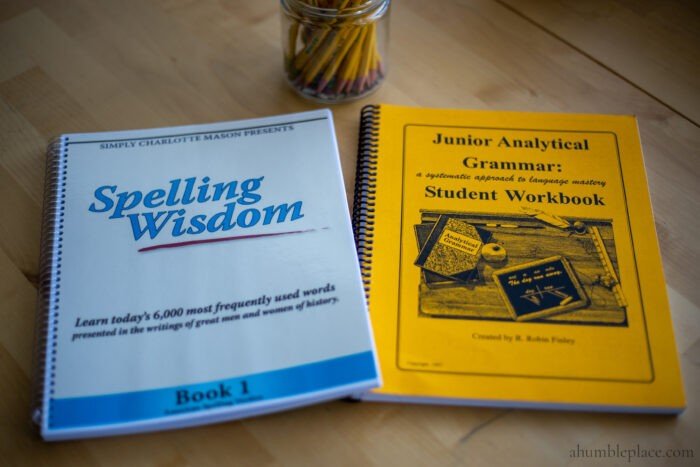
Penmanship/Copywork
I’m planning to have B do one page per day of cursive copywork from the old AO Copywork Yahoo Group files which included excerpts from books we’ll be reading over the course of the year.
Spelling
We’ll be working on spelling for the first time twice per week this year with Simply Charlotte Mason’s Spelling Wisdom. I love that the book uses sentences from literature to teach commonly-used words rather than just memorizing word lists, which is what I did in elementary school.
Grammar
For grammar, I debated between a few different curricula, but finally decided on Junior Analytical Grammar after a friend recommended it and I was able to flip through it at her house. I already absolutely love the voice of the author and I think this will work very well for us at one exercise, twice per week. It’s only 11 units with 5 lessons per unit, so we will most likely complete it partway through the year and then move on to the mechanics book.
Math
We haven’t finished RightStart Level D as we did end up taking quite a bit of time off this summer from doing math. However, even with the extra 20-or-so lessons we still need to finish, because we’re bumping our math time up to 30 minutes per day in Form II, I feel confident we can get through those lessons plus the 140 in Level E over the course of the year. Hopefully that confidence is proved to be accurate. 🙂 I still love RightStart and, again, am so glad we chose this program for math!
Foreign Language
Salsa + Wyoming Department of Education Salsa Materials
De Colores
Getting Started with Latin
We’ll be continuing with Salsa videos once per week, then one of the activities from the Wyoming DoE Salsa Materials another day, and the other two days singing our Spanish folksong from De Colores. This worked so, so well for us last year and I’m thankful we found this option as Spanish used to be a big struggle.
Poetry
Alfred, Lord Tennyson Selections Here
I’ll be reading one poem per day and we’ll also take one of our recitation pieces from these selections.
Literature
We’ll be pretty much following the schedule here with no alterations. I’m also looking forward to reading Robinson Crusoe as I’ve never read it and Swallows and Amazons, which we read last year, contained quite a few references to it.
The only change will be Shakespeare which we’ll be doing through our co-op. I asked B if he wanted to stick with the younger forms and read more Lambs’ Shakespeare stories, but he has chosen to move up and read a real Shakespeare play with the higher forms, so we’ll give that a try in Term 1. His first play will be As You Like It which he’ll be reading with the other students in co-op as well as at home with me.
Plutarch
We will be straying from the default AO schedule here by not starting on Plutarch this year, but instead reading Stories from the History of Rome per AO’s advice. I’m just not feeling like either one of us is ready to add that into our schedule yet, though obviously for different reasons. 🙂
Timeline
Book of Centuries
The Living Page
This will also be the first year we’re doing a Book of Centures. I really went back and forth on whether or not to delay the BoC another year and just do a timeline this year instead as I had seen recommended on the AO forums in places, but I feel like the BoC is a good next step for us. I’m still, admittedly, having a hard time wrapping my brain around ALL of the different history/time charts that were kept in the PNEU schools, so this will be something that may just have to be a work in process while we try things out. I included a link to The Living Page because my copy is getting a lot of use right now!
Recitation
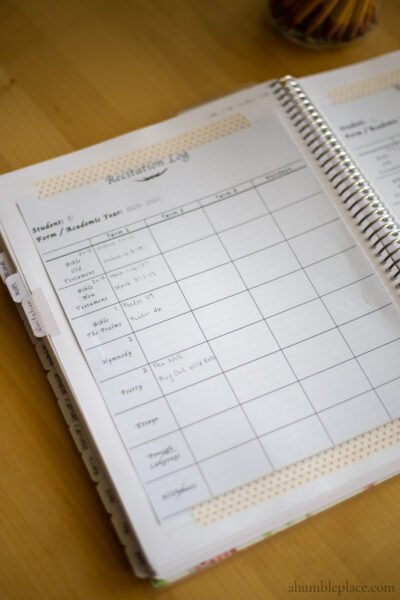
Ruminating on Recitation Article (read this first!)
Recitation Guidelines and Student Log
I feel like I’m finally going to be doing Recitation correctly this year after having sort of hodge-podged it together the last few years. Instead of having B memorize a poem every month purely for the sake of reciting it at the end of the month, I have a better understanding of not only the purpose of Recitation but also how to do it thanks to the article I linked to above. The guidelines were also instrumental in helping me figure out what to include for our Recitation schedule.
In essence, he’ll be learning an Old Testament passage, a New Testament passage, a Psalm, and a poem over the course of each term, with the intention that he actually understands them before he recites them (imagine that). I love this angle as it makes so much more sense from a Charlotte Mason standpoint than what we were doing before.
Art
Picture Study
I’ll be teaching picture study in our co-op once again this year and in the first term we’ll be focusing on Jan van Eyck which is terribly exciting for me as he’s a favorite of mine. 🙂
Drawing/Brushdrawing
What to Draw and How to Draw It
Brushwork
B will continue with one subject from What to Draw and How to Draw It each week as well as part of a lesson from Brushwork. I’m allowing him to use more than one brush size this year for Brushwork as it was frustrating to him that he was not able to get the finer lines for vines that are pictured in the examples with the larger brush he was using. I’m hoping this makes it a little more enjoyable for him as brushdrawing has not been something he has enjoyed. We’re also only going to focus on one color per week just as an experiment.
Music
Composer Study
Composer Study will also be covered in co-op so I don’t know who that will be either, but I remember hearing something about Gregorian chant, which sounds very interesting!
Folksong/Hymn
These are also both co-op subjects, but I’ll be teaching folksong so we’ll be able to start that with the beginning of our school year. Our period in history is 800 to 1650 AD, which feels like a challenge in terms of finding good folksongs (though I’ve already picked the first one!), but I think the challenge will be good for me.
Handicrafts
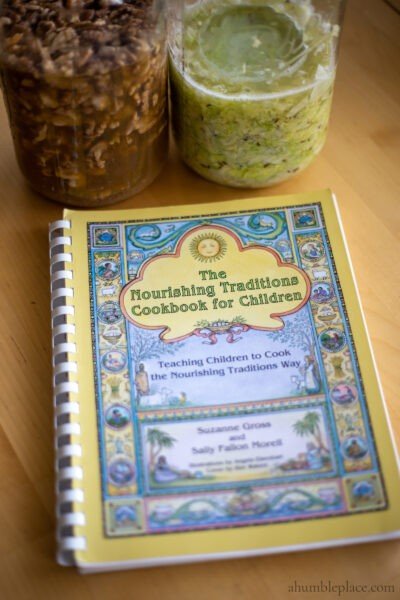
Nourishing Traditions Cookbook for Children
We will no longer be doing handicrafts in co-op this year, so I decided we would learn some cooking skills in Term 1. I include this book in the kindergarten curriculum, but it’s only a few recipes so I’m going to use this year as a chance to really dive into it. I’m actually really excited about this as splitting up the book worked really well and I had the kids pick which recipes from each chapter they wanted to make. As of right now, I have a reading scheduled on Tuesdays and then cooking scheduled on Thursdays during our morning lesson time. It’ll be interesting to see how this works, but I’m thankful we can be flexible and use the afternoons if we need to.
Physical Education
PE was another subject that was taught in co-op that we’ll be bringing home this year. I’m going to be continuing with the last routine in Swedish Drill Revisited and moving on to Swedish Drill Revisited II once we finish that.
Overall, I’m excited for this year and though I feel like there are some sad changes with fewer readings for B and I to do together, I’m excited that he’ll be making progress in his education and challenged in ways he hasn’t experienced before! I’m also excited for the subjects we’ve been able to bring home from co-op as I feel a little more control over what we’re learning. It’ll be a good year!
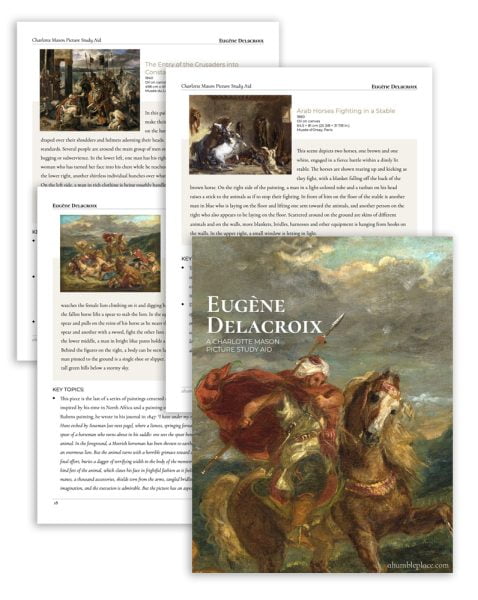
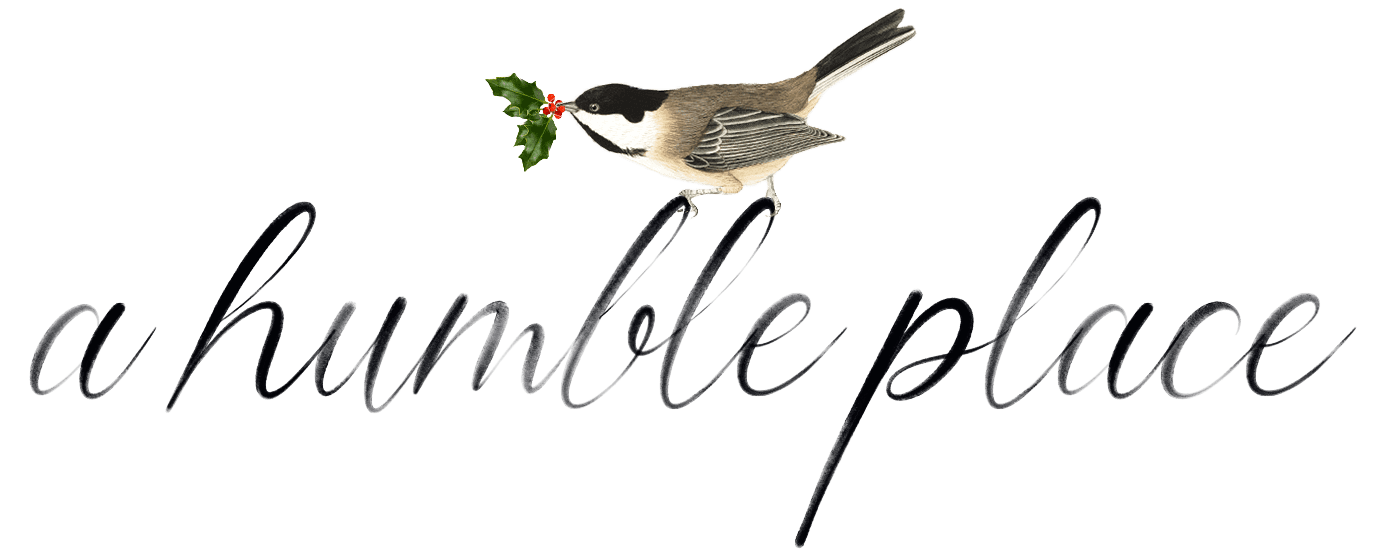
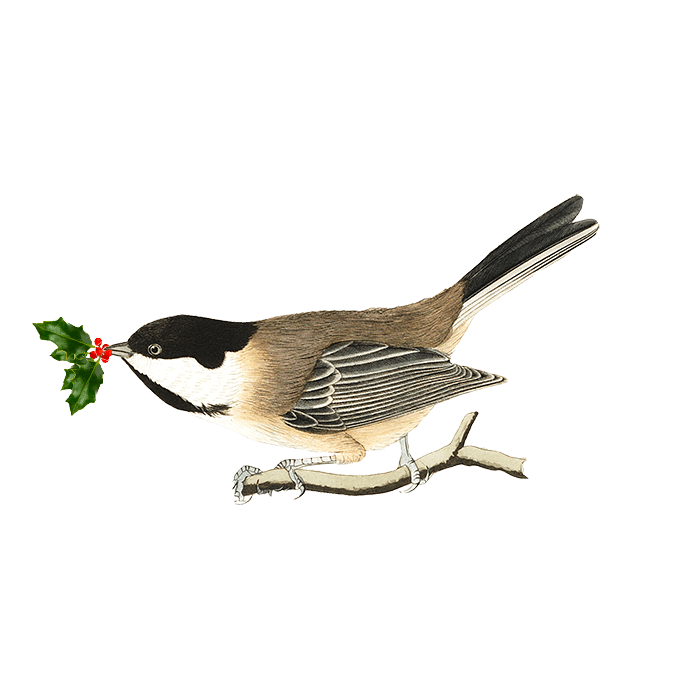

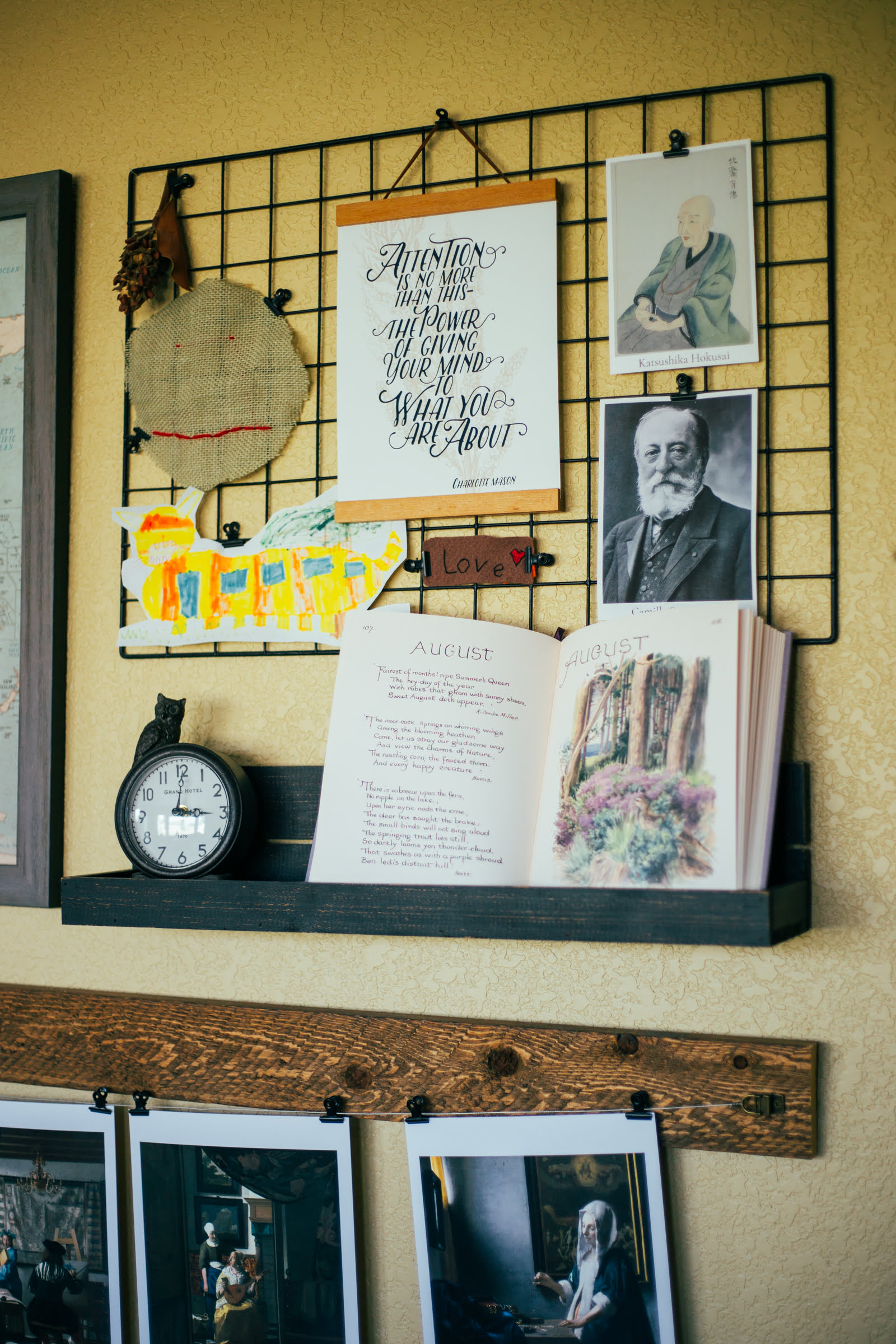




We did much better with MHLW when I adjusted the readings to longer sections per sitting. We were having a hard time with the flow with such short sections.
I think short has been working for us so far, but I am definitely going to keep your suggestion in mind if we start to run into problems. Thank you!
I loved this peek into your homeschool plans for the year, especially since I also have a son who is in Year 4 this year. I am wondering though, how do you get through a whole lesson in RightStart math in 30 minutes or less? I started RightStart with my two kids last year, and while I love it, I am finding that the lessons take us a very long time – sometimes up to an hour even for my 6 year old! And we don’t even get around to playing the games most of the time. I would love to start implementing Charlotte Mason’s ideal of short lessons, but I don’t know how to get our math lesson to take less time with this program.
We actually normally don’t get through a RS lesson in 30 minutes. I set the timer and we get as much done as we can in that time, but often we have to work on a lesson over two days (sometimes more). It does allow for a little wiggle room in that there are 140 lessons and we legally have to have school 172 days/year so that gives us about 32 extra days, but there have been two years now when we still haven’t finished in that time. We did do some of the lessons over the summer the first time it happened and were able to finish, but this year we went into the new school year with the old math (and actually just finished today!). I have a friend who is a former teacher but now homeschools and uses RS with her kids as well. She was actually the first one who suggested to me that we don’t need to finish a level by the end of the year, as long as the student is making good progress, and this has been very freeing! I have heard of some CM families also playing the RS games in the afternoon, so not including it in their lesson time, which would also help cut back on how long it takes to get through a lesson!